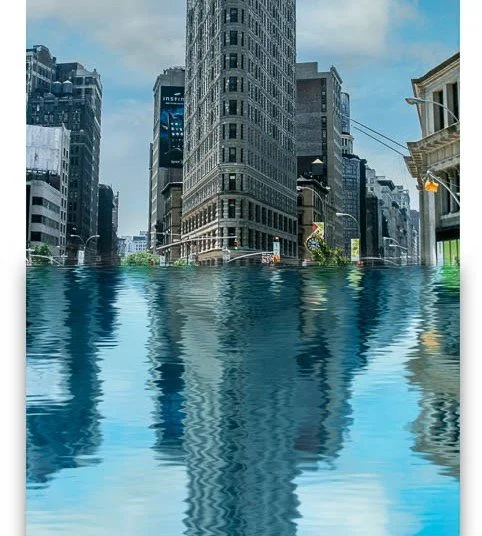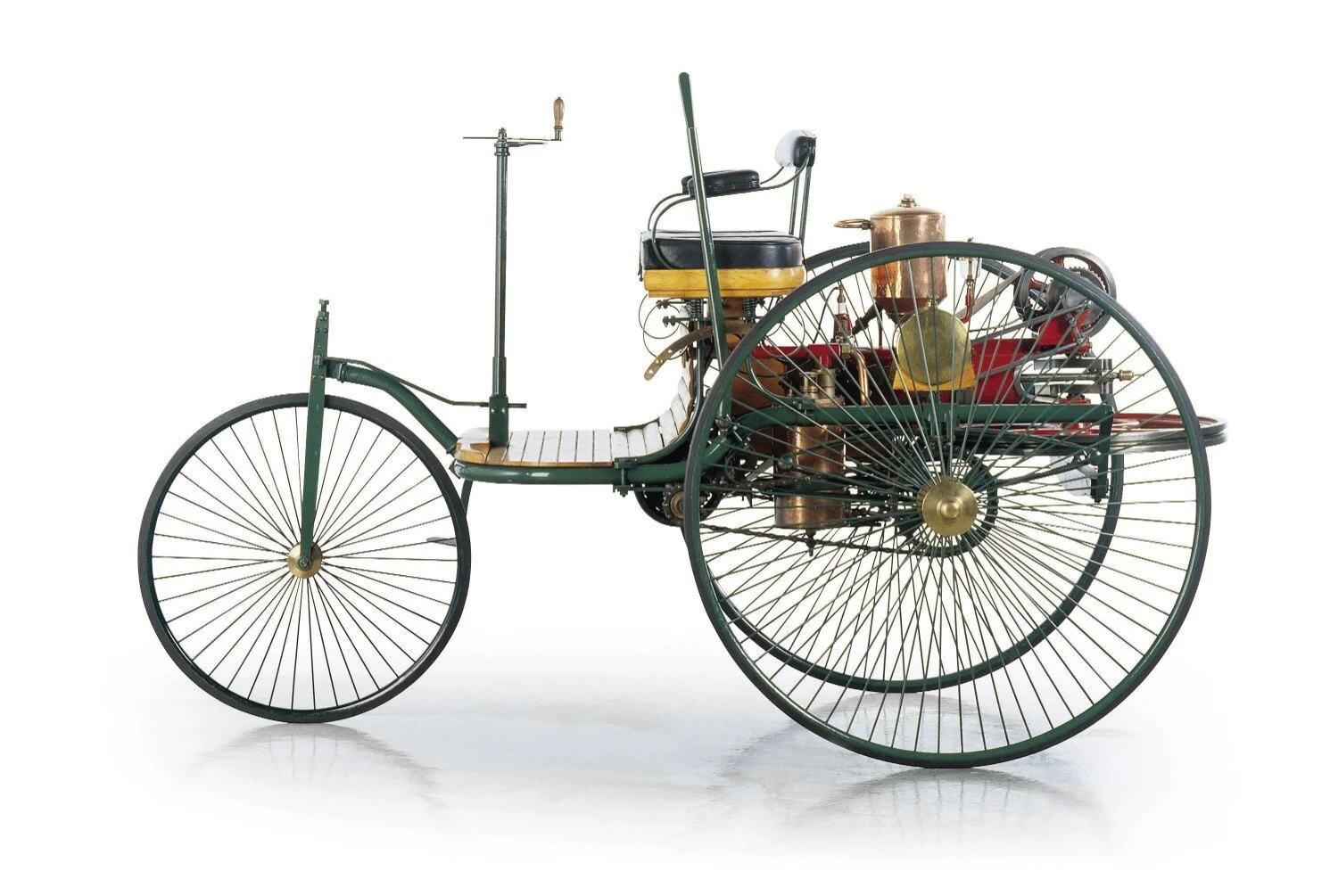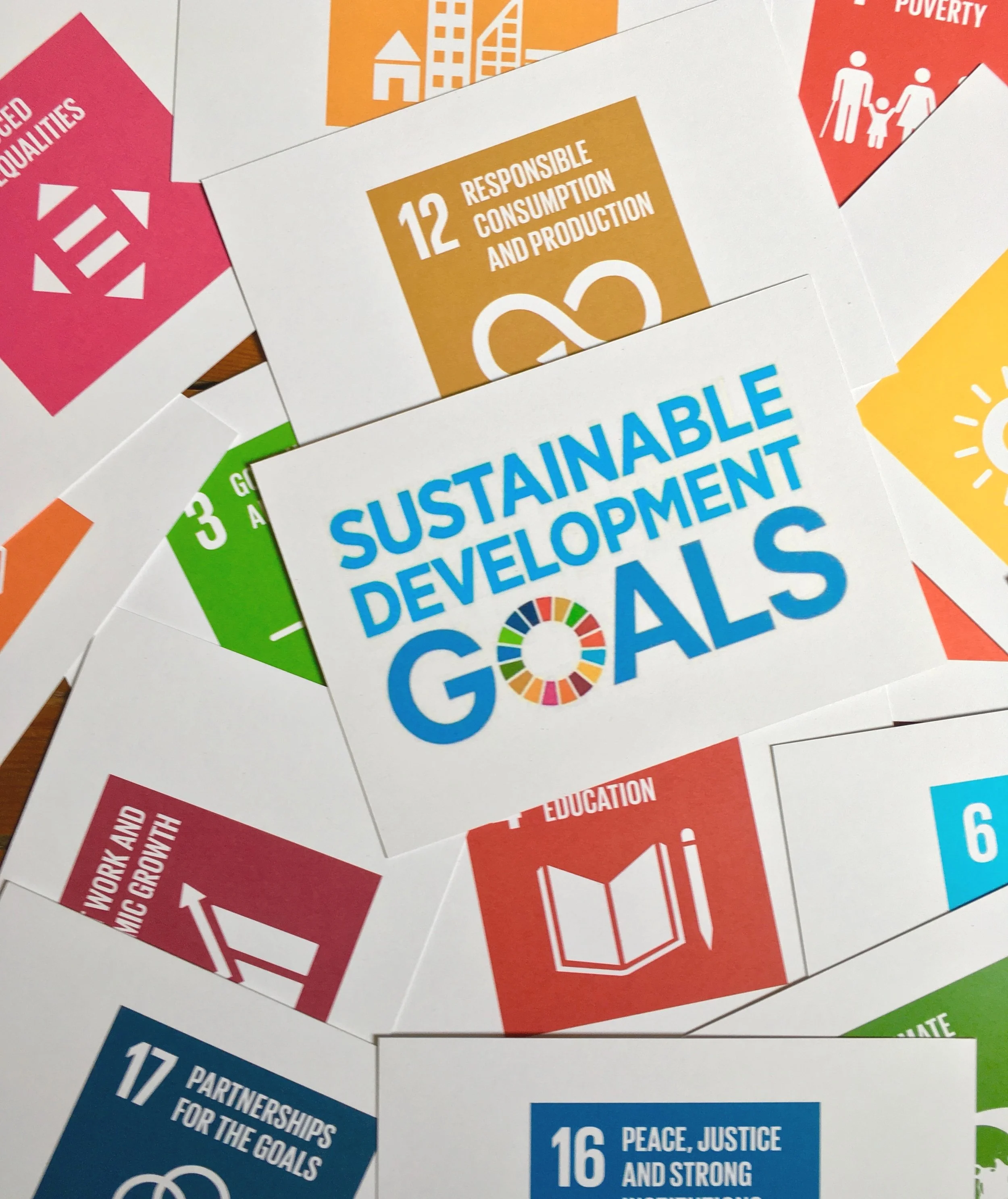I've danced on eggshells and walked on thin ice (metaphorically). I've trodden on carpets, lino, floorboards, polished concrete, bricks, tiles and flagstones, non-metaphorically. But the floor of Wednesday's meeting space was made of large metal tiles and that was a first. They've probably been there, under my feet, in any number of office blocks as part of the raised-access flooring, but always covered with something else. The dull gleam and grey reflections were a subtle sign that the building was a bit unusual. "This is not an ordinary project. But it needs to be." Read more…
Doing the sustainability team a favour
Does it sometimes feel as if your colleagues treat their sustainability actions as a favour to you?
I'm working with a couple of in-house sustainability teams at the moment, whose situations have strong similarities, despite one being a global brand and the other a public sector agency. The teams have hats which are familiar to most in-house sustainability specialists:
Spinning stories to dream the better future
It's 2140, and the most popular reality TV show is a live-stream of Amelia Black transporting polar bears to the Antarctic in her airship as part of assisted migration. In New York, housing is run by cooperatives and buildings have been waterproofed below the high tide line. Sky-scrapers have had docks added part-way up for speed boats, and there are floors dedicated to food growing. This is the setting of Kim Stanley Robinson's New York 2140, a classic of post-climate fiction with an optimistic outlook.
A 'just' transition
In the UK and elsewhere, domestic electricity, gas and heating oil prices have been rising at alarming rates, even before Russian troops invaded Ukraine. If you've already got a very energy-efficient home and travel by bike, you will be cushioned from the worst of this. But if your windows leak heat, your washing machine is energy-hungry and local bus services are a joke, it's swingeingly high bills or cold isolation. Not fair, is it?
Change Management for Sustainable Development - downloadable worksheets
Does this business deserve to survive?
There are brilliant, committed sustainability professionals working hard inside or with some of the most insidious and damaging businesses. Can we turn them into low-carbon, equitable and just institutions working for noble purposes? Or is the best we can do to make them a little less awful? Before we begin working with a business that is in the 'bad' zone, how can we know?
Moving is moving
In August, Bertha Benz, without telling him, took her husband's car and drove her teenage sons the 65 miles to her mother's house in Pforzheim, Germany. No, not a story of marital strife, but of pioneering action by a woman - for the year was 1888 and this was the first ever long-distance drive in a car with an internal combustion engine. But movement is on the move. What kind of novel ways of getting around would Bertha and her peers use today?
Unlikely professions going green...
Earlier this summer saw the launch of London-based Lawyers for NetZero, a peer network for in-house counsel. But which other unlikely professions are changing from the inside out?
Taking a systems view of plastic
What 'might' a sustainable future look like?
I've been reading a lot of stories this year, and exploring creative writing. This has been a treat and I've seen it as an alternative to working or the news. But of course, there's sustainability and change-related learning there too if you look for it. So here's a combination of an exercise from Tim Clare's 100 Day Writing Challenge, and ideas from some of the utopian fiction and positive sci-fi (solar punk) I've been reading.
Getting sustainability onto your organisation's risk radar
Given the unprecedented year we’ve had, lots of organisations are thinking much more seriously about risks and contingencies. What can you feed in to risk assessments or your organisation’s risk register, from a sustainability perspective?
What might a sustainable post-pandemic recovery be like?
More priority given to care and caring? Collective action for individual good? Cities designed to enable us to be good neighbours? Or inequalities made worse by stark divisions between the people who can work from home and those who can't? She is Still (virtually) Sustainable brought together a brilliant panel to explore what the future of sustainability looks like, from our vantage point within a pandemic and a lockdown.
Virtual coffee meet-ups for Sustainability Stay-at-Homes
The stake in the ground - a change strategy
Tools for strategic sustainability
When we get caught up in enthusiastic attention being paid to an issue – like single-use plastic or palm oil – it can knock our planned approach off-course. Or we can use it as an entry point for some strategic thinking. If you get the opportunity to strategise with senior leaders, what are the tools to help you?
If you want to do a more rigorous analysis of your sustainability impacts and opportunities, people I interviewed for Change Management for Sustainable Development recommended a range of frameworks and tools. Here they are, so you can use them too.
What's your mandate?
Managing the change to sustainability
Croner-i’s “Environment” magazine asked me to share key insights from Change Management for Sustainable Development. That article is out now, in the spring edition (no. 74).
You can download it here.
Tldr:
Understand where your organisation is now…
How can business contribute to the Sustainable Development Goals?
Businesses - acting alone or, better still, collaborating - can do so much to help society meet the Sustainable Development Goals (or Global Goals).
Whether it’s reducing emissions from travel and energy use, making sure women and minority groups are able to progress, or cutting unnecessary plastic, there is so much to put right. And there are organisations, tools and initiatives to help you.
Find out more in the series of articles I wrote for The Environmentalist. A complete set is available in pdf here.
The business case for sustainable development
If you want sustainability to move from being a nice-to-have, to being a must-have, at some point you will need to show that there’s a business case for it: that your organisation will meet its core mission better, faster, cheaper by paying good attention to sustainability than by ignoring it.
What does the business case look like in your organisation?

















